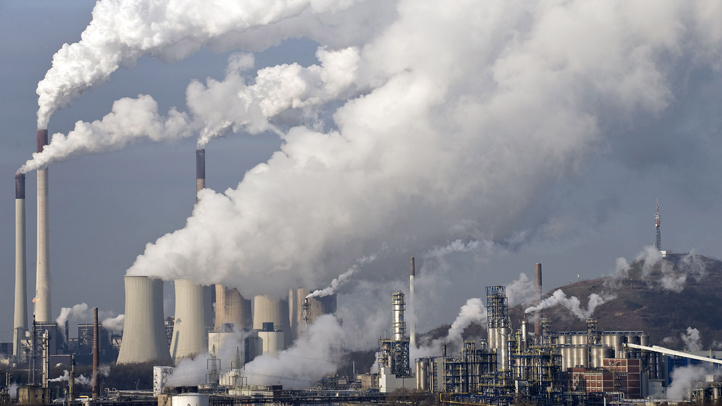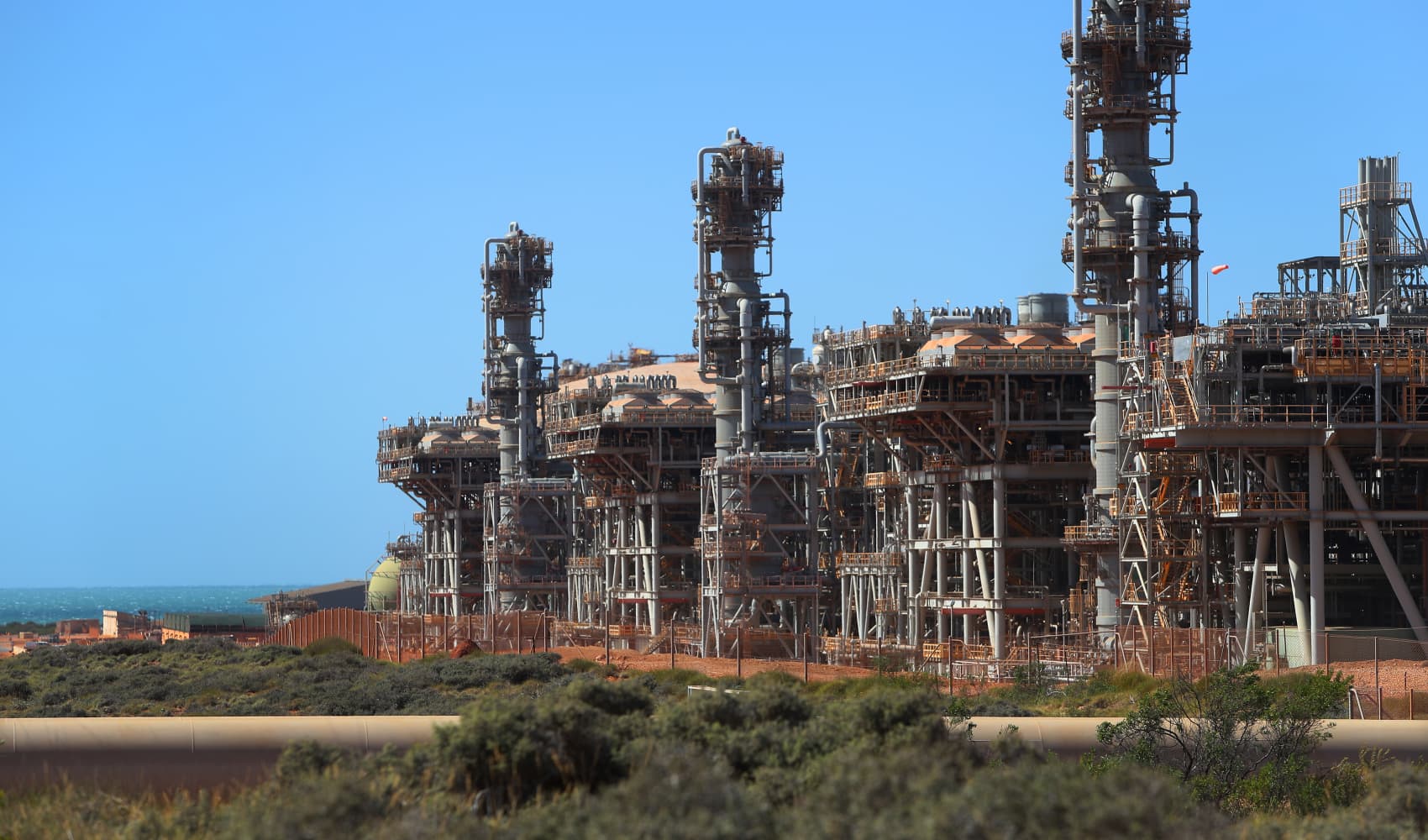
For the sixth month in a row, Earth set a new monthly record for heat, and also added the hottest autumn to the litany of record-breaking heat this year, the European climate agency calculated.
And with only one month left, 2023 is on the way to smashing the record for hottest year.
November was nearly a third of a degree Celsius (0.57 degrees Fahrenheit) hotter than the previous hottest November, the European Space Agency's Copernicus Climate Change Service announced early Wednesday. November was 1.75 degrees Celsius (3.15 degrees Fahrenheit) warmer than pre-industrial times, tying October and behind September, for the hottest above average for any month, the scientists said.
“The last half year has truly been shocking," said Copernicus Deputy Director Samantha Burgess. "Scientists are running out of adjectives to describe this.’’
November averaged 14.22 degrees Celsius (57.6 degrees Fahrenheit), which is 0.85 degrees Celsius (1.5 degrees Fahrenheit) warmer than the average the last 30 years. Two days during the month were 2 degrees Celsius (3.6 degrees Fahrenheit) warmer than pre-industrial times, something that hadn't happened before, according to Burgess.
So far this year is 1.46 degrees Celsius (2.6 degrees Fahrenheit) warmer than pre-industrial times, about a seventh of a degree warmer than the previous warmest year of 2016, Copernicus scientists calculated. That's very close to the international threshold the world set for climate change.
The 2015 Paris climate agreement set a goal of limiting global warming to 1.5 degrees (2.7 degrees Fahrenheit) above pre-industrial times over the long term and failing that at least 2 degrees (3.6 degrees Fahrenheit). Diplomats, scientists, activists and others meeting at the United Nations climate conference in Dubai for nearly two weeks are trying to find ways to limit warming to those levels, but the planet isn't cooperating.
Scientists calculate with the promises countries around the world have made and the actions they have taken, Earth is on track to warm 2.7 to 2.9 degrees Celsius (4.9 to 5.2 degrees) above pre-industrial times.
The northern autumn is also the hottest fall the world has had on record, Copernicus calculated.
Copernicus records go back to 1940. United States government calculated records go back to 1850. Scientists using proxies such as ice cores, tree rings and corals have said this is the warmest decade Earth has seen in about 125,000 years, dating back before human civilization. And the last several months have been the hottest of the last decade.
Scientists say there are two driving forces behind the six straight record hottest months in a row. One is human-caused climate change from the burning of coal, oil and gas. That's like an escalator. But the natural El Nino-La Nina cycle is like jumping up or down on that escalator.
The world is in a potent El Nino, which is a temporary warming of parts of the central Pacific that changes weather worldwide, and that adds to global temperatures already spiked by climate change.
It's only going to get warmer as long as the world keeps pouring greenhouse gases into the atmosphere, Burgess said. And she said that means “catastrophic floods, fires, heat waves, droughts will continue.'’
“2023 is very likely to be a cool year in the future unless we do something about our dependence on fossil fuels," Burgess said.
___
Associated Press climate and environmental coverage receives support from several private foundations. See more about AP’s climate initiative here. The AP is solely responsible for all content.



